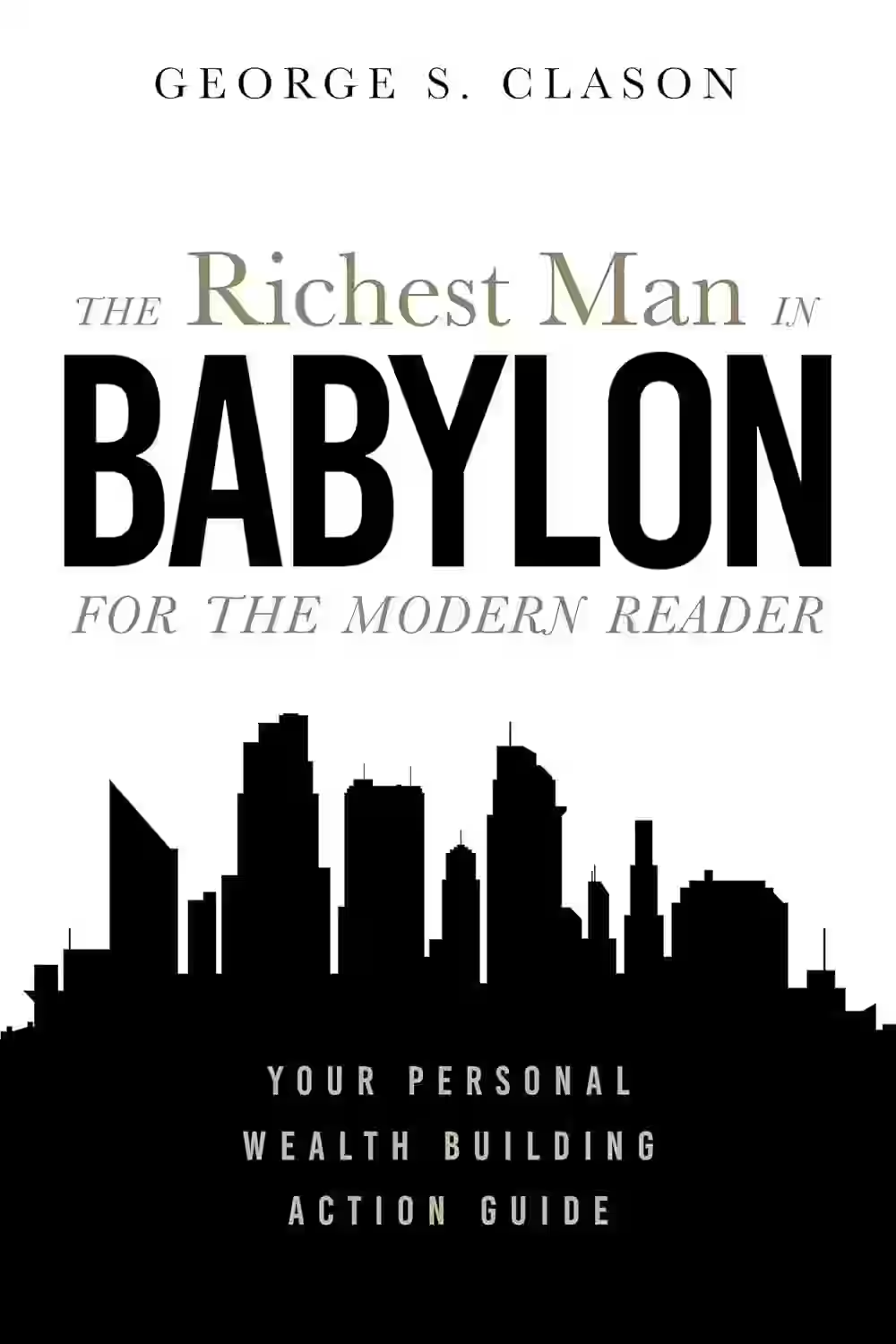
In 'The Richest Man in Babylon' by George S. Clason, readers are transported to ancient Babylon, where they learn timeless lessons on personal finance and wealth building. Through a series of parables and stories, the book imparts essential financial principles such as saving a portion of income, investing wisely, and avoiding debt. The narrative follows the journey of Arkad, the titular richest man, as he shares his wisdom with fellow Babylonians seeking to improve their financial situations. Clason's straightforward yet compelling storytelling makes complex financial concepts accessible to readers of all backgrounds, leaving a lasting impact on their approach to money management.
About George S. Clason
George S. Clason was an American author and businessman best known for his classic personal finance book, 'The Richest Man in Babylon.' Born in Louisiana in 1874, Clason served in the United States Army during the Spanish-American War before pursuing a career in business and writing. 'The Richest Man in Babylon,' originally a series of pamphlets distributed by banks during the 1920s, offers timeless financial principles through parables set in ancient Babylon. Clason's work continues to have a significant impact on literature and personal finance education, inspiring readers with its simple yet powerful teachings on wealth management and prosperity.
Similar Books
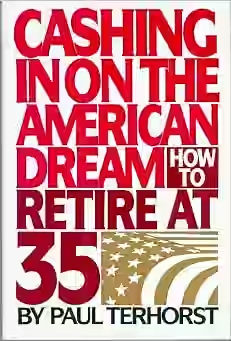
Cashing in on the American Dream
In 'Cashing in on the American Dream' by Paul Terhorst, the author challenges the conventional idea of working endlessly to retire comfortably in old age. Terhorst encourages readers to question the prevailing norms of the American Dream and instead opt for a simpler, more fulfilling life by retiring early. Through personal anecdotes and practical financial advice, Terhorst presents a roadmap for achieving financial independence and living life on one's own terms. The book delves into themes of frugality, minimalism, and mindful spending, emphasizing the importance of valuing experiences over material possessions. 'Cashing in on the American Dream' inspires readers to reassess their priorities and strive for a more meaningful existence.
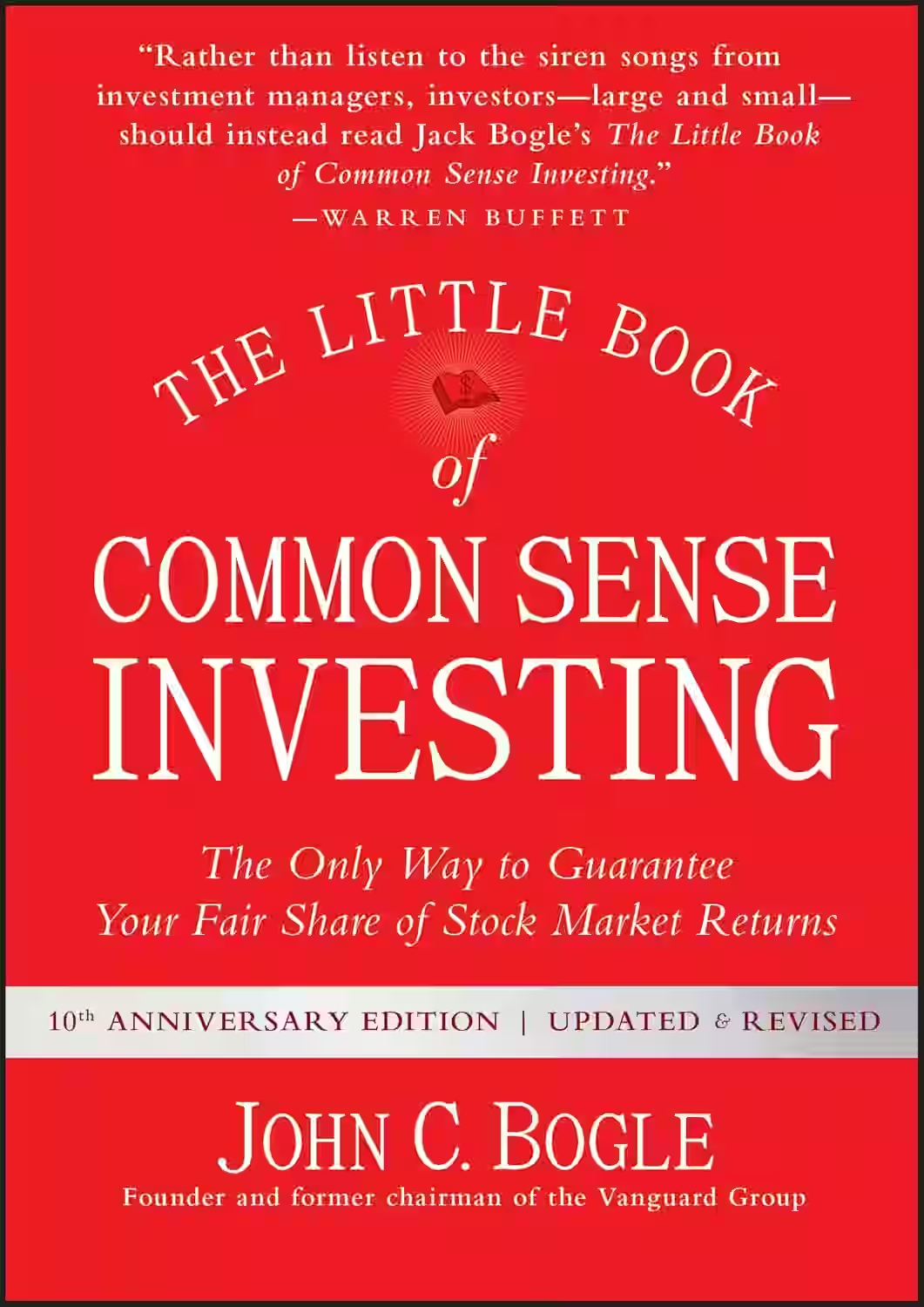
The Little Book of Common Sense Investing
In 'The Little Book of Common Sense Investing', John C. Bogle, the founder of Vanguard Group, delivers a compelling argument for passive index investing as a tried-and-true strategy for long-term financial success. Bogle breaks down complex financial concepts into simple, accessible advice for both seasoned investors and beginners. He highlights the pitfalls of high-cost, actively managed funds and advocates for a low-cost, buy-and-hold approach to investing. With a focus on minimizing fees and maximizing long-term returns, Bogle's book serves as a practical guide for investors looking to navigate the often tumultuous world of finance with prudence and common sense.
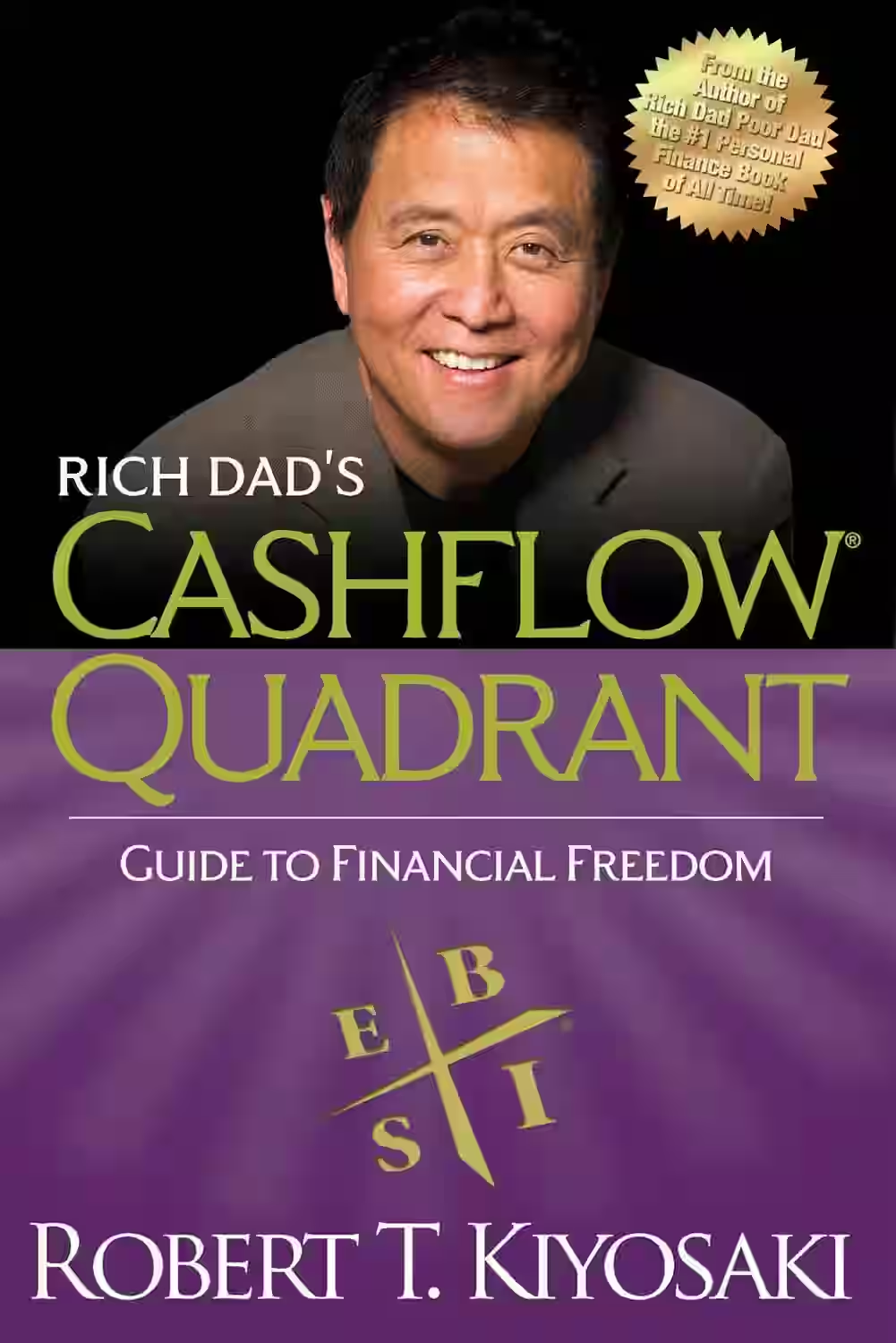
Cashflow Quadrant
In 'Cashflow Quadrant', Robert T. Kiyosaki delves into the world of financial independence through the lens of four quadrants - Employee, Self-Employed, Business Owner, and Investor. Through insightful anecdotes and practical advice, Kiyosaki emphasizes the importance of moving from the left side of the quadrant (Employee and Self-Employed) to the right side (Business Owner and Investor) to achieve true wealth and financial freedom. He highlights the mindset shifts and financial strategies needed to transition between quadrants, encouraging readers to rethink their approach to money and work. This book serves as a roadmap for those seeking to break free from traditional employment and create sustainable wealth.
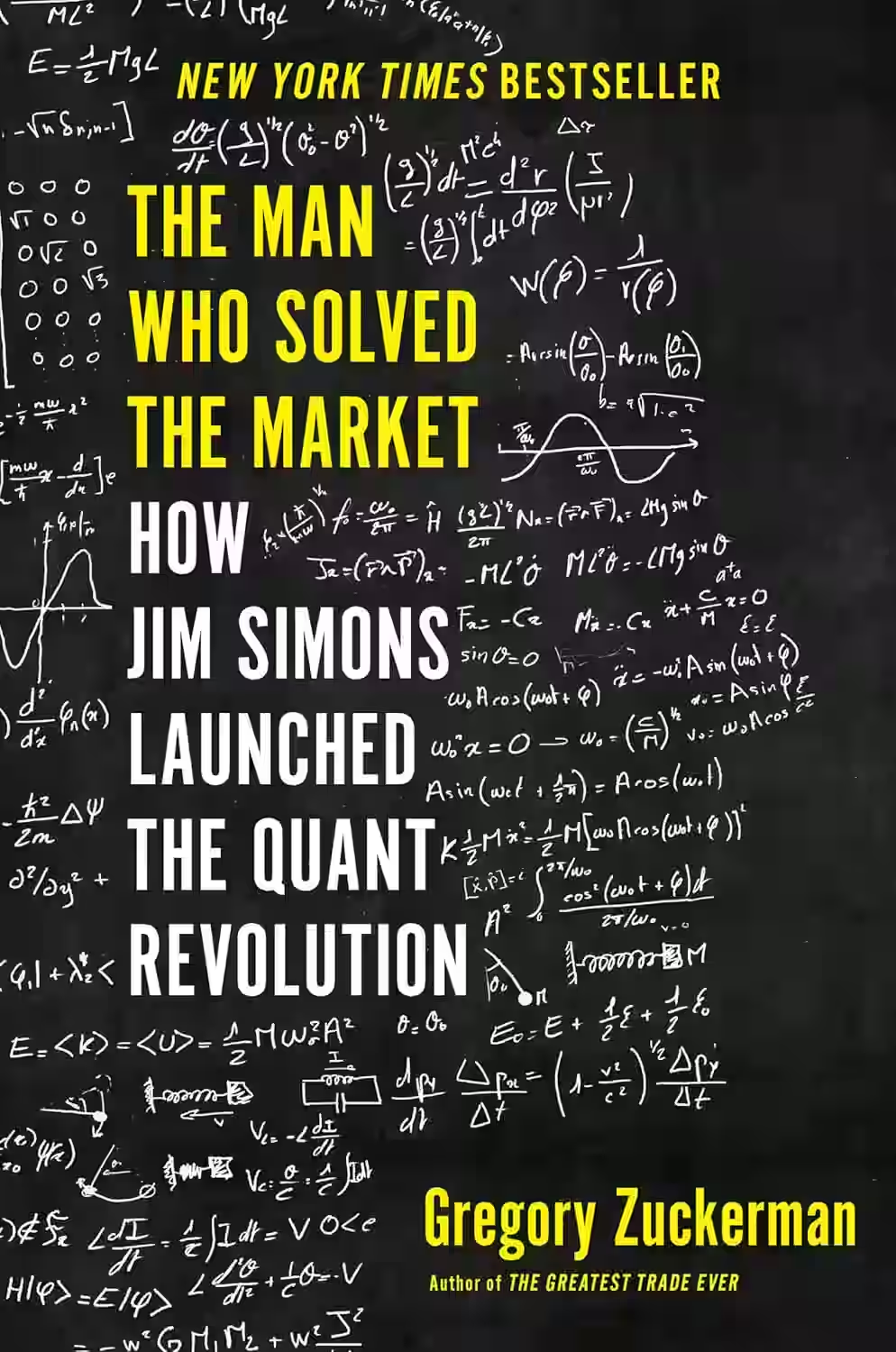
The Man Who Solved the Market: How Jim Simons Launched the Quant Revolution
In 'The Man Who Solved the Market', Gregory Zuckerman delves into the fascinating world of finance and mathematics through the lens of legendary investor Jim Simons. The book offers readers a detailed exploration of how Simons revolutionized investing through quantitative strategies at his firm, Renaissance Technologies. Zuckerman delves into Simons' life story, the challenges he faced, and the groundbreaking techniques he employed to outsmart Wall Street. Through meticulous research and compelling storytelling, Zuckerman provides keen insights into the complexities of financial markets and the brilliance of Simons' approach. This book is a must-read for anyone intrigued by the intersection of math and money.